What are the prohibited acts regarding railway activities in Vietnam? - Huy Le (Ninh Thuan, Vietnam)
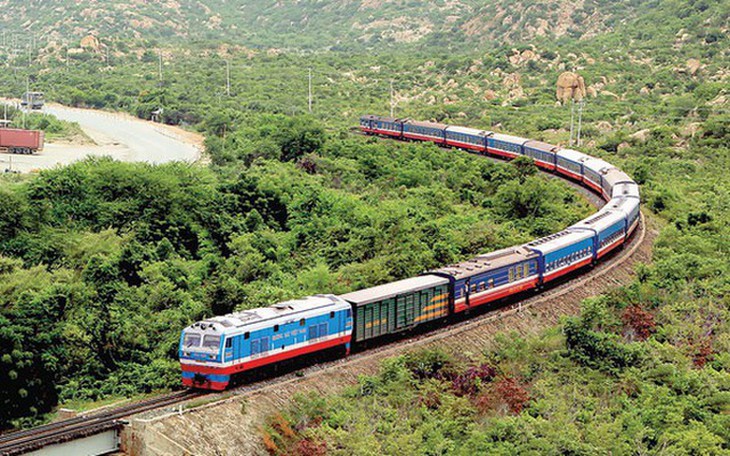
17 Prohibited acts regarding railway activities in Vietnam (Internet image)
1. What are railway activities?
According to Clause 14, Article 3 of the Law on Railway Transport 2017, railway activities include railway planning, railway operation, railway safety assurance and other relevant activities.
2. Basic rules for railway activities in Vietnam
The basic rules for railway activities in Vietnam include:
- Ensure continuous, orderly, safe, accurate and efficient rail transport; facilitate people’s travel, contribute to socio-economic development, ensure national defense and security, and protect the environment.
- Develop rail transport according to the planning and plan in combination with other modes of transport and international integration to ensure civilization, modernity and uniformity.
- Arrange rail transport in a uniform and concentrated manner.
- Separate the state management by regulatory authorities from business management by enterprises; the railway infrastructure business from state-invested rail transport business.
- Ensure healthy and fair competition among organizations and individuals of all economic sectors doing railway business.
(Article 4 of the Law on Railway Transport 2017)
3. 17 Prohibited acts regarding railway activities in Vietnam
Specifically Article 9 of the Law on Railway Transport 2017Law on Railway Transport 2017, the prohibited acts in railway activities in Vietnam include
(1) Damage railway works and railway vehicles.
(2) Illegally occupy the railway safety corridor and the safety perimeter of the railway work
(3) Build an illegal crossing; illegally build flyovers, underpasses, culverts or other works built within the land area for rail transport; illegally drill or bore within the safety perimeter of the railway work.
(4) Falsify works and railway signaling; hide or falsify railway signals.
(5) Obstruct the train operation; arbitrarily use signals or equipment to stop the train, unless a threat to railway safety is found.
(6) Trespass the fence, the barrier of the level crossing when the block signal is given; trespass the fences that separate the railway from the surrounding.
(7) Discharge untreated sewage onto the railway; place obstacles and dump hazardous substances or waste on the railway; illegally place flammable or explosive substances within the safety perimeter of the railway work and the railway safety corridor.
(8) Herd animals and trade goods on railways and within the safety perimeter of the railway work and the railway safety corridor.
(9) Walk, stand, lie, sit or perform other acts on the roof of the coach, locomotive, steps; hang, stand, sit on the sides of the coach, locomotive, or connector; open the train doors, poke the head, arm, leg, or other stuff out the coach when the train is running, except for the railway workers and law enforcement officers on duty.
(10) Walk, stand, lie, sit or perform other acts on the railway line, except for the railway workers and law enforcement officers on duty.
(11) Throw earth, stones, or other objects at or from the train.
(12) Bring or transport prohibited goods or animal that carries contagious diseases to the station or to the train; illegally bring or transport wild animals, radioactive/flammable/explosive substances and dangerous goods to the station or the train; bring or transport a corpse or bones to the station or to the train running on urban railways.
(13) Make or use fake tickets; sell tickets against the law.
(14) Allow a railway vehicle or equipment that fails to meet technical safety requirements to operate on the railway; use the cargo coaches to transport passengers; change the structure, design or functions of the vehicles without permission; assign or allow another person who is ineligible to operate a railway vehicle.
(15) Assemble coaches that contain animals, stinky goods, flammable/explosive substances, hazardous substances, or other dangerous goods into a passenger train.
(16) Operate trains faster than the speed limits.
(17) Railway workers directly serving train operation is under influence of alcohol or other banned stimulants in the performance of their duties.
Thanh Rin
- Key word:
- railway activities in Vietnam
 Article table of contents
Article table of contents
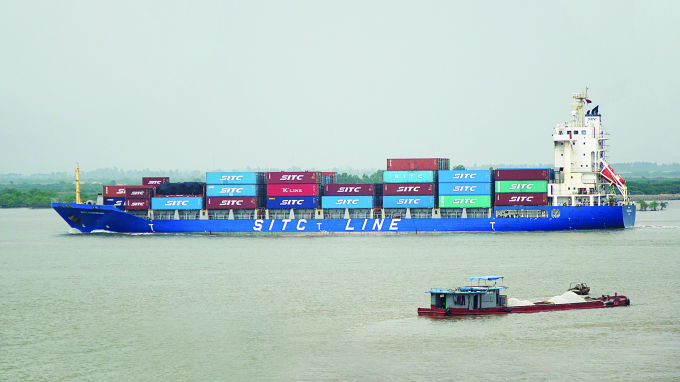
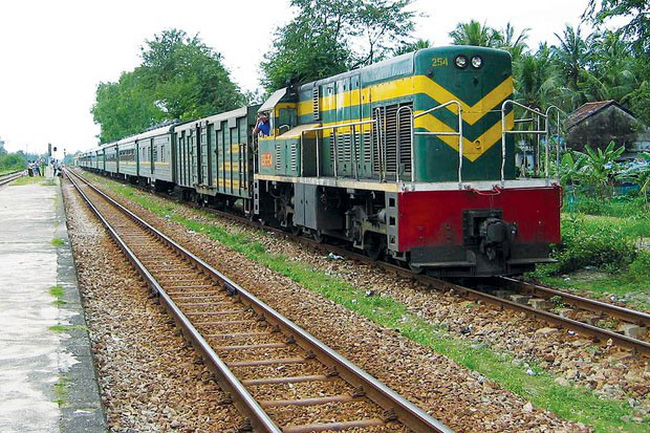
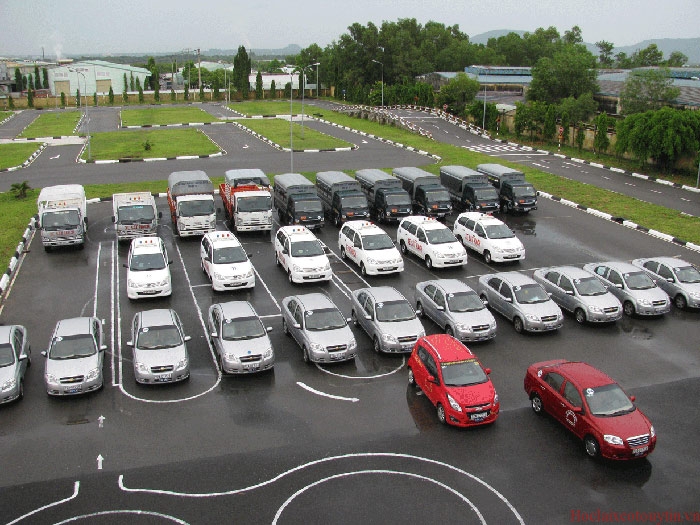
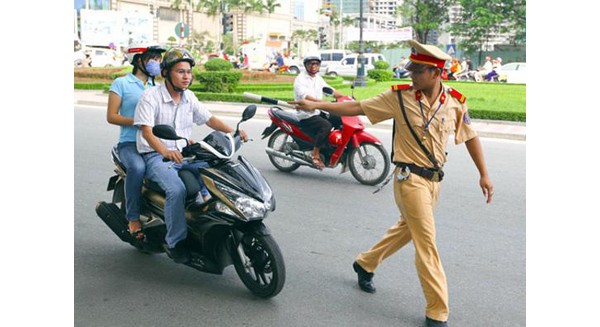

.Medium.png)
.Medium.png)
.Medium.png)
.Medium.png)
